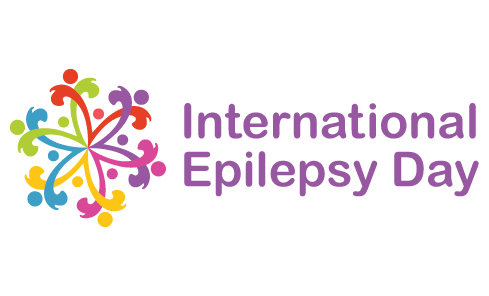A Neurologist, Dr Ibrahim Wakama, on Tuesday, called on the Federal Government to
support Nigerians living with epilepsy by making funds available for researchers to find permanent cure for the ailment.
SEE ALSO: Xenophobia: Attacks Against Nigerians In South Africa Increasing – FG
Wakama made the call in an interview with News Agency of Nigeria (NAN) in Abuja on the occasion of the International Epilepsy Day, celebrated annually on the second Monday of February.
The day is an opportunity to raise awareness on epilepsy, what it is, how it can be treated, and what is needed to bring treatment to people who need it.
Wakama, who said that finding permanent cure for epilepsy would help to save lives of those suffering from the ailment, urged government to recognise the strength, resilience, and accomplishments of Nigerians living with the health challenge.
He, however, added that “government cannot do it alone.
“This is where religious leaders, well-meaning Nigerians and philanthropists need to come together.
“It is not an everlasting illness.
“It is curable,” he said.
Commending Nigerians suffering from the illness for striving to overcome the challenges they faced daily, Wakama said that epilepsy challenges were beyond seizures.
He said that depression, anxiety and difficulty with memory were some of the struggles people living with epilepsy faced.
The neurologist said that government should put in place self-management programmes that would teach those living with epilepsy to improve their ability to manage their health.
Wakama added that it was important for anyone who interact with the public to be properly trained on seizure safety, so that those who needed help would get appropriate care.
World Health Organisation (WHO) estimates that 50 million people around the world have epilepsy, and that one in 26 persons would develop epilepsy at some point in their lives.
The first-ever global report on epilepsy, recently published by WHO, calls this condition a public health imperative.




 Premier League
Premier League